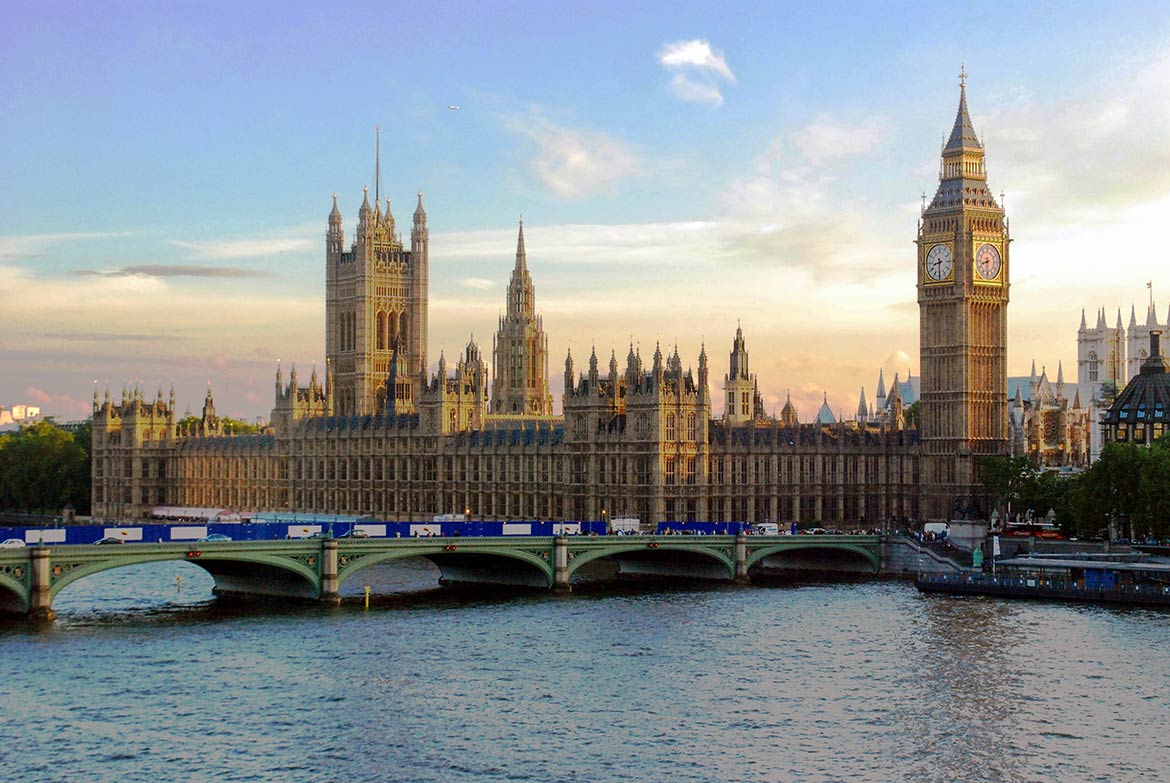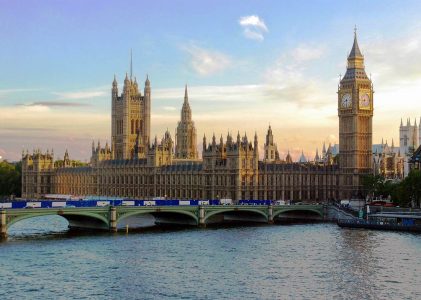
The United Kingdom is an island nation off the northern coast of Europe. The United Kingdom encompasses the entire island of Great Britain, including England, Wales, and Scotland, as well as the northern half of Ireland. The term “Britain” is sometimes used to refer to the entire United Kingdom. London, the country’s capital, is one of the world’s most important commercial, financial, and cultural centres. Birmingham, Liverpool, and Manchester in England, Belfast and Londonderry in Northern Ireland, Edinburgh and Glasgow in Scotland, and Swansea and Cardiff in Wales are among the other significant cities.
The United Kingdom’s beginnings can be traced back to the early 10th century CE, when Anglo-Saxon king Athelstan won the loyalty of neighbouring Celtic kingdoms and became “the first to rule what before many rulers divided between them,” according to a contemporary chronicle. Kingdoms further afield came under English control as a result of further conquests over the centuries. The Acts of Union of 1536 and 1542 formally joined Wales, a conglomeration of Celtic kingdoms in Great Britain’s southwest, with England. Scotland, which had been administered from London since 1603, joined England and Wales to form the United Kingdom of Great Britain in 1707. (At this period, the epithet “British” was used to refer to all of the kingdom’s peoples.) During the 1600s, Ireland came under English influence and was formally unified with the United Kingdom with the Act of Union of 1800. Six of Ulster’s nine counties remained part of the United Kingdom as Northern Ireland after the republic of Ireland gained independence in 1922. Relationships between these constituent states and England have been tumultuous, with open rebellion and even conflict at times. When devolved legislatures were established in Northern Ireland, Scotland, and Wales in the late twentieth century, tensions eased substantially. Even after the establishment of a power-sharing assembly following referendums in both Northern Ireland and the Irish republic, relations between unionists (who favour continued British sovereignty over Northern Ireland) and nationalists (who favour unification with the republic of Ireland) remained tense well into the twenty-first century.
The UK has made substantial contributions to the global economy, particularly in the fields of technology and industry. However, since World War II, the UK’s most prominent exports have been cultural, including literature, theatre, film, television, and popular music, all of which draw on talent from around the country. The English language, which is now spoken in every corner of the globe as one of the most important international mediums of cultural and economic interchange, is perhaps Britain’s greatest export.
Through the Commonwealth, the United Kingdom maintains ties to parts of its previous empire. It is also a member of the North Atlantic Treaty Organization and has historical and cultural ties with the United States (NATO). In addition, the United Kingdom joined the European Union in 1973. Many Britons, on the other hand, were hesitant EU members, sticking to the views of Winston Churchill, the great wartime prime minister, who said, “We see nothing but good and hope in a wealthier, freer, more happy European commonalty.” But we each have our own dream and mission. We are in Europe, but we are not a part of it. We are intertwined, but not entangled. We’re intrigued and involved, but we’re not immersed.” Indeed, in a referendum on whether the UK should remain in the EU in June 2016, 52 percent of British people voted to leave. An agreement on “Brexit” (British exit from the EU) was struck that pleased both the EU and the majority of Parliament after lengthy negotiation, multiple deadline extensions, extended internal political strife, and two changes of prime minister. As a result, the United Kingdom will be the first country to leave the EU on January 31, 2020
LAND
England, Scotland, Wales, and Northern Ireland are the four geographical and historical parts of the United Kingdom. The British Isles—the geographical designation for the group of islands that comprises Great Britain, Ireland, and several smaller islands—have the majority of their area and people in the United Kingdom. Great Britain, made up of England, Wales, and Scotland, is the larger of the two main islands, whereas Ireland, made up of Northern Ireland and the Republic of Ireland, is the smaller of the two. The Isles of Scilly off the southwest coast and the Isle of Wight off the southern coast are part of England, which covers most of southern Great Britain. The Orkney and Shetland islands off the northern coast, as well as the Hebrides off the north western coast, are all part of Scotland, which occupies northern Great Britain. Wales is located west of England and includes the northwest-facing island of Anglesey.
Apart from a land border with the Republic of Ireland, the United Kingdom is completely encircled by water. The English Channel is located to the south of England and runs between the United Kingdom and France. To the east is the North Sea. The Irish Sea separates Great Britain and Ireland to the west of Wales and northern England, and to the southeast of Northern Ireland, while the Atlantic Ocean separates southwestern England, Northern Ireland’s north-western coast, and western Scotland. The United Kingdom spans 300 miles (500 kilometres) across at its widest point. It’s around 600 miles from Scotland’s northern tip to England’s southern coast (1,000 km). There are no parts of the island that are more than 75 miles (120 kilometres) from the sea. The capital, London, is located in south-eastern England on the tidal River Thames.
The archipelago formed by Great Britain and a slew of smaller islands is as varied in geology and geography as it is in shape. The nature and location of the underlying rocks, which are westward extensions of European formations, are largely responsible for this diversity, with the shallow seas of the Dover Strait and the North Sea masking ancient land linkages. Northern Ireland is home to a westward expansion of Scotland’s rock structures. The shallow North Channel cuts across these frequent rock features. On a global scale, this natural endowment covers a small area—roughly the size of Oregon in the United States or Guinea in Africa—and its internal diversity, combined with rapid changes in often beautiful scenery, can give visitors from larger countries a striking sense of compactness and consolidation. The peoples that have carved out a living in this Atlantic corner of Eurasia throughout the millennia have left their mark on the environment, and the old and distinctive palimpsest of their field patterns and settlements adds to the natural diversity.
Reference:
Morrill, J. S. , Chaney, . William A. , Frere, . Sheppard Sunderland , Josephson, . Paul R. , Hastings, . Margaret , Prestwich, . Michael Charles , Atkins, . Ralph Charles , Barr, . Nicholas A. , Joyce, . Patrick , Colley, . Linda J. , Ravenhill, . William , Whitelock, . Dorothy , Kellner, . Peter , Kishlansky, . Mark A. , Gilbert, . Bentley Brinkerhoff , Spencer, . Ulric M. , Smith, . Lacey Baldwin and Briggs, . Asa (2022, January 2). United Kingdom. Encyclopedia Britannica. https://www.britannica.com/place/United-Kingdom

